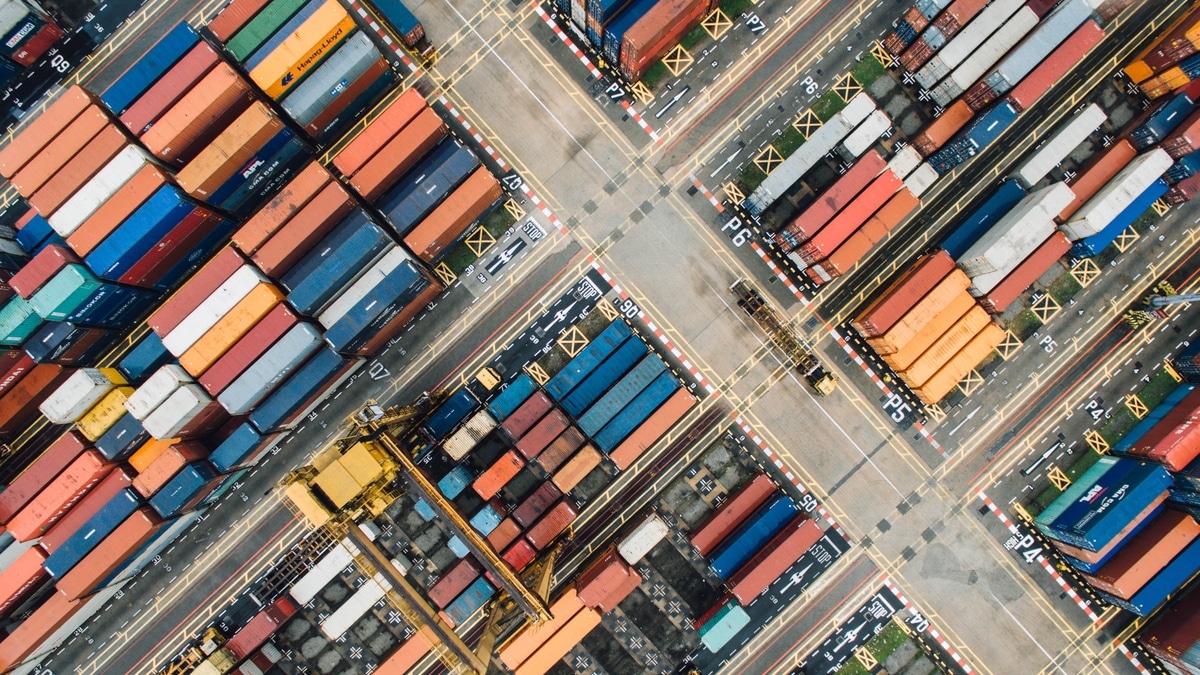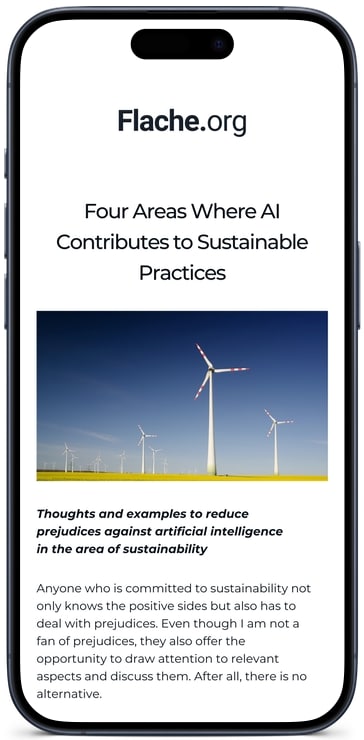Smart logistics is the integration of digital technologies into the supply chain to improve efficiency and reduce costs.
In a highly developed and export-oriented economy, for example in Germany, smart logistics presents both opportunities and challenges.
Core challenges in smart logistics
One of the biggest challenges is the lack of standardization in the logistics industry. This makes it difficult to integrate new technologies and systems into existing logistics processes.
Another challenge is the high cost of implementing intelligent logistics solutions. Organizations are reluctant to invest in expensive new technologies without a clear return on investment.
In addition, the logistics industry lacks skilled workers who have the necessary knowledge and expertise to implement and manage intelligent logistics solutions.
Solutions for these challenges
Despite these challenges, smart logistics has the potential to significantly improve the efficiency and sustainability of the logistics industry. By using technologies such as IoT, AI, and blockchain, companies can optimize their supply chains and reduce waste, costs, and emissions.
A joint effort from logistics companies, technology providers, and policymakers is required to address these challenges and fully exploit the benefits of intelligent logistics.
To overcome the challenges of smart logistics, several steps can be taken:
1. Standardization
The logistics industry needs to work towards standardization to ensure that new technologies and systems can be easily integrated into existing processes. This requires collaboration between logistics companies, technology providers, and policymakers to establish common standards and protocols.
2. Cost-benefit analysis
Companies need to conduct a thorough cost-benefit analysis before investing in smart logistics solutions. This will help them identify areas where they can get the most value and prioritize their investments accordingly.
3. Training and education
To address the skills shortage in the logistics industry, a concerted effort is required to train and educate the workforce in the latest technologies and systems. This can be achieved through partnerships between logistics companies and educational institutions.
4. Data protection and security
When implementing intelligent logistics solutions, companies need to prioritize data protection and security. This can be achieved by conducting regular audits and assessments of data protection measures and ensuring compliance with relevant regulations.
5. Collaboration
To fully realize the benefits of smart logistics, greater collaboration is needed between logistics companies, technology providers, and policymakers. This can be achieved through initiatives such as public-private partnerships and industry forums.
Conclusion
When all relevant smart logistics factors are optimally coordinated, transport networks can be built that not only reduce costs through significant operational efficiency but also reduce energy consumption.


